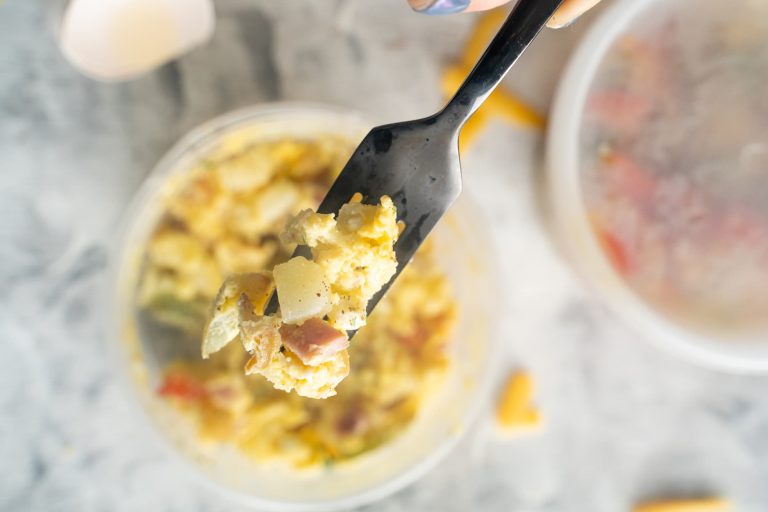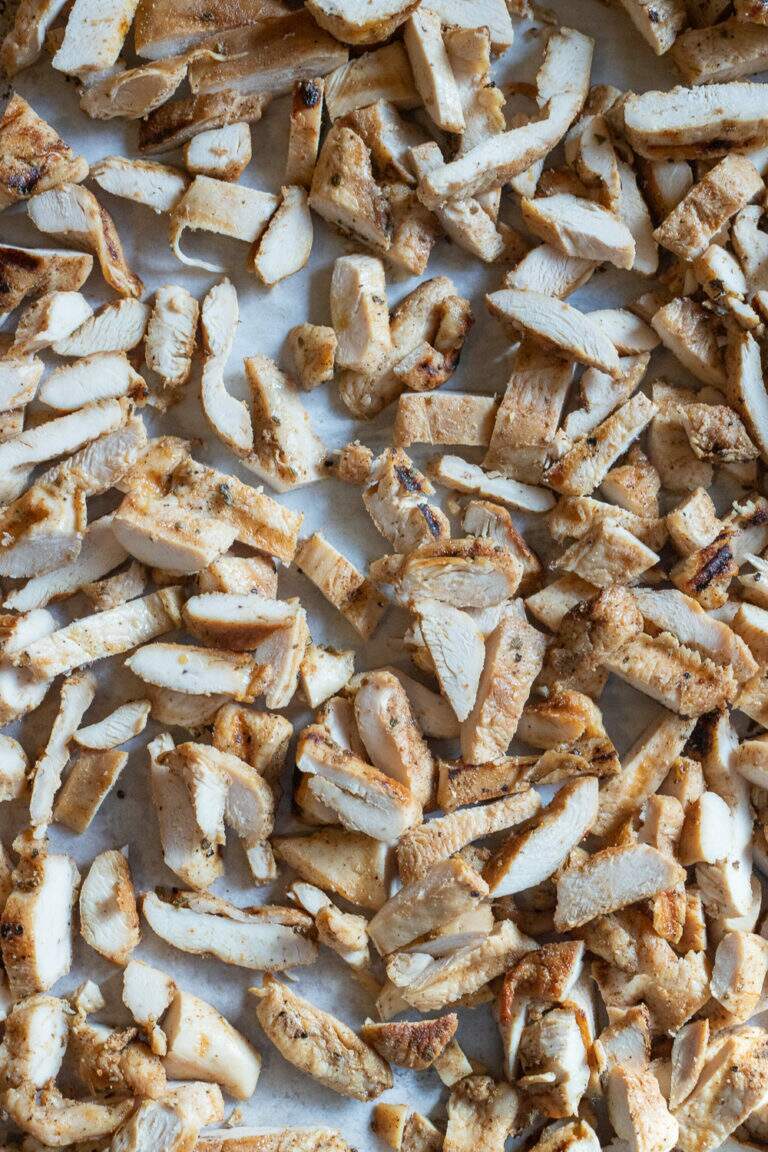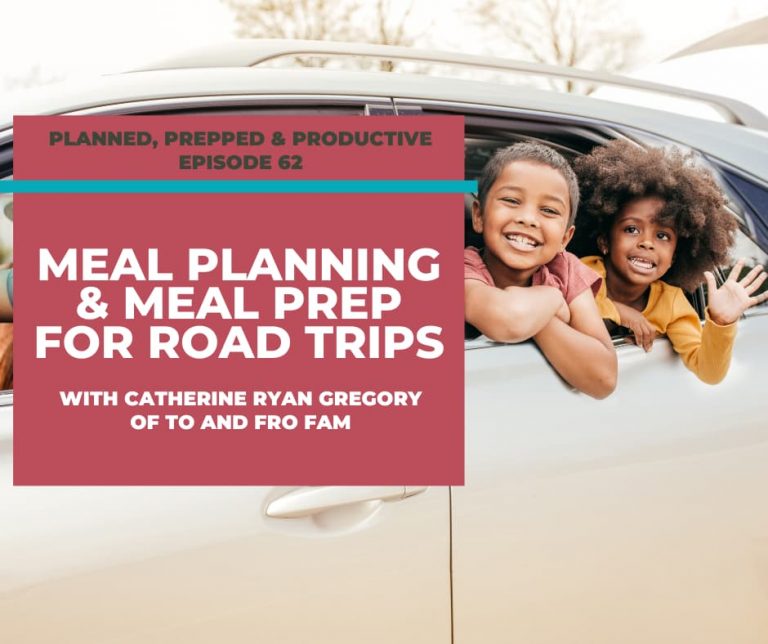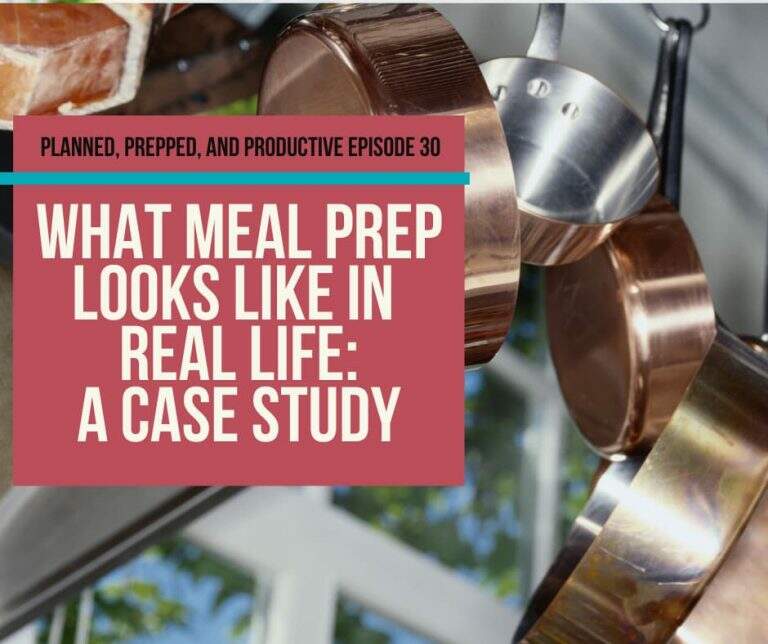How and why you should create a food philosophy
A food philosophy is a wonderful tool to help you get clarity on how you feel about food and to help your beliefs guide your decisions about food in your home, making food choices so much easier! Read on for more on how and why you might want to try it!
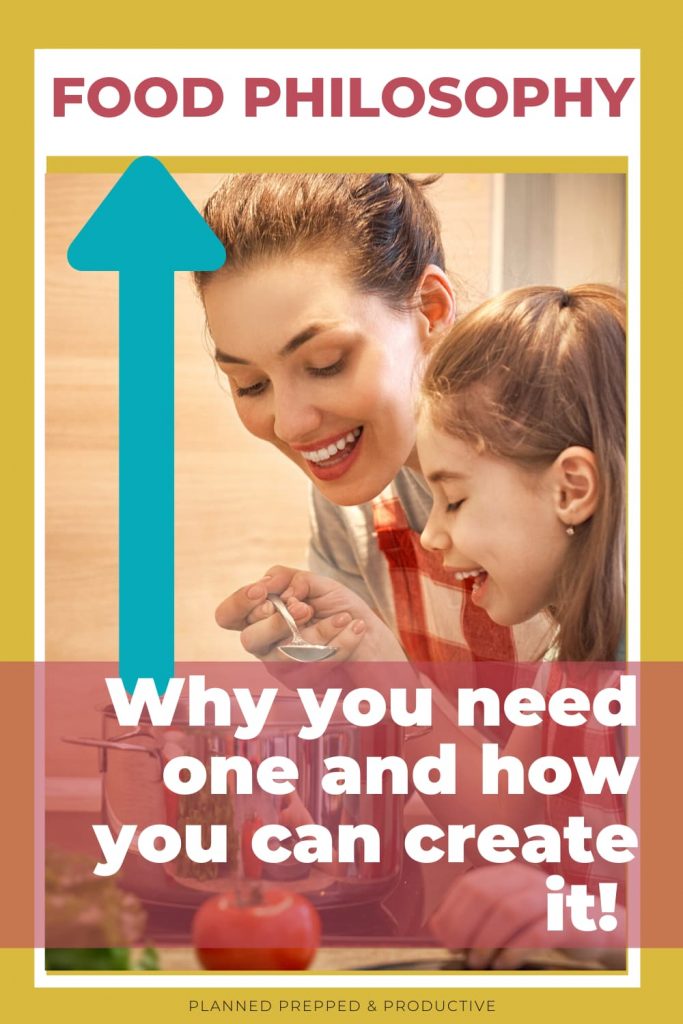
I thought my 3rd child might never get a name.

Naming our first two children (and even the twins that we lost) was so easy.
They all had pretty solidified names by the time we knew the gender.
But by the time we were adding our third little girl, we were overwhelmed by name choices.
It wasn’t that there weren’t any good names. No the problem was really the opposite. We loved all the names!
We were experiencing decision fatigue at it’s finest.
We finally realized that we needed to narrow down the options if we were ever going to make a decision.
We finally settled on choosing a C name. Why? In some ways it was arbitrary, but our twin that we lost was named Adelaide, our oldest was named Bridget, so by choosing a C name we had a nice alphabetical list of girls. So C it was.
Once we narrowed it down to C choosing a name was SO much easier. She still didn’t get her name until she was born at the hospital, but we didn’t have to leave the hospital without a name like I feared we would.
This week on the podcast we’re talking about why you should create a food philosophy (and how you can do it!).
We talk a lot on the podcast about the overwhelm moms feel when it comes to feeding kids and mealtime.
A food philosphy is sort of like taking all of the names out there and narrowing them down to the ones that begin with C. Except instead of names you are taking all of the beliefs and opinions about food out there, and focusing on the ones that matter to you.
Let’s talk about why you might want to do this.
How and why you should create a food philosophy
Why create a food philosophy
-Reduce Decision Fatigue
Decision fatigue is real. As a mom you are probably experiencing it multiple times every day. I’ve got a whole episode about decision fatigue if you want to learn more about it, but the point here, is that by narrowing down your food choices to the things that matter to you, you will let a lot of foods or ideas about food go so you can feel more peace moving forward with how you are feeding your family.
-Find where you fit
It can be hard to find “your people” in this digital world. There are thousands (millions?) or influencers all vying for your attention. If any of you are familiar with Amy Porterfield (a digital marketing expert) you may have heard her say that to be the most successful you should choose just 1-2 influencers to follow and leave the rest. This isn’t to say that there are only 2 people out there with valuable things to say. It is simply that as humans we can really only handle and process so much information and by limiting the amount of information we allow in.
Here’s how having a food philosophy can help you choose the people that you will follow. So I recently downloaded a nutrition guide for taking care of myself postpartum (only 3 months til this little baby comes!!) I am a dietitian, so really I am capable of coming up with my own plan, but I was feeling lazy.
Upon receiving and opening this postpartum plan I knew immediately that it wasn’t for me.
It wasn’t a bad plan, but it suggested things like cutting out all sugar and dessert, and that food is for fuel not fun.
Now if you’ve followed me you know I take a much more moderate approach to healthy eating and that I believe that all foods fit, and that food can serve so many purposes in addition to “fuel”
There will be times that your food philosophy will need to change (if you have a new diagnosis or change your mind about how you feel about a certain topic) but generally you can find people that you resonate with based on the beliefs you carry.
But if you don’t have a food philosophy at all you can find yourself being swayed at every step and constantly changing or attempting to change the way you feed yourself and your family which can be really unsettling.
You are allowed to change your mind, of course, but there is also wisdom in choosing your beliefs and sticking with them to test whether or not they really work for you.
-Simplify meal planning and meal prep
The whole point of this really is to simplify your meal planning and meal prep. When you know your beliefs about food it will be less easy to be swayed by a takeout billboard on the way home, or the freezer aisle at the store. Especially if your food philosophy addresses your feelings about these kinds of food.
You will be able to plan meals based on your beliefs which will help you plan more quickly and easily.
-It can help you set limits
I prefer not to set limits on certain kinds of foods and instead choose to focus on adding nutrient dense foods that we enjoy, but there are other limits I like to set. You can try setting a limit on prep time (we strive for 30 minute weeknight meals) or limits on how you as a family respond to foods you don’t like. These limits will make mealtimes go smoother!
Also listen: To abstain or moderate from better than happy
How to create a food philosophy
So now that you understand why you might want to create a food philosophy let’s talk about how you can do it.
The reality is, you have a food philosophy whether you know it or not. The problem is if you haven’t intentionally created one, you may not actually be practicing what you believe, or maybe you are practicing a food philosophy but you haven’t stopped to consider whether a particular idea about food really matters to you (or not!)
So let’s talk about how to construct your own food philosophy
-Consider your beliefs about food
Do you believe that food is fuel, or do you believe it’s a bit more nuanced than that. Are you concerned with eating foods that are good for the environment? Do you have beliefs about packaged food or foods that are high in added fats or sugars? Do you believe there are certain foods that should be avoided or do you think all foods can be a part of a healthy diet?
-Consider whether those beliefs are actually important, whether they are actually helping you better your life, and whether they are realistic
As you consider your beliefs about food, consider whether you *actually* believe what you think you believe, or whether you’ve just made assumptions that make you think you believe a certain way about food.
As an example, I feel pretty strongly about eating mostly whole, from-scratch foods.
For a long time this food philosophy was pretty rigid. But as I got older (and busier) I couldn’t keep up with this philosophy anymore (making my own ketchup and bbq sauce no longer made sense)
So while I still feel strongly about a mostly whole-foods diet, I also believe the diet should support both physical and emotional health so I am open to shortcuts that make sense.
So as you consider your beliefs I encoursage you to be critical and consider whether or not you really believe them before you add them to your food philosophy.
-Choose your top beliefs and write them down. Get input from your family if you want and place them where your whole family can see them.
After a little brainstorming you should be ready to get started crafting your very own food philosophy.
When I googled food philosophy I found dozens of examples (I’ll attach one that I liked)
I will also share mine and hope that gets you on your way to creating your very own!
The Planned, Prepped, and Productive Food Philosophy
We believe that all Foods Fit
- We believe that a healthy diet is made up of a sum of it’s components and not any one individual food. Because of this we understand that no one food can break the diet and we don’t support the idea of bad foods.
We remain neutral about food
- We do not label foods as good or bad. Food is food and we try to keep the food police at bay by not moralizing food or food choices
We believe in feeding our bodies regularly
- We know that we are at our happiest when we are fed, so we strive to consider how we will keep our bodies fed throughout the day and to eat regularly.
We strive to include protein and a fruit or vegetable at every meal
- We know that certain foods keep us feeling our best! In order to stay feeling full and fueled mentally and physically we attempt to include protein and a fruit or vegetable to make sure we are meeting our needs.
We believe that foods and meals should support the physical and mental/emotional health
- While we absolutely believe in the power of whole, nutrient dense foods, we also believe that food helps us connect and love OR that it can help us in times of stress. We are happy to eat foods that are less nutrient dense if it supports family bonding or togetherness or if we are in a time of emotional distress and we need extra support. We try to follow the 80/20 rule and eat foods that support our physical bodies 80% of the time. We also understand that foods that are good for our physical bodies can also help us out of emotional ruts when we have to time and energy to prepare them.
We believe in cooking from scratch most of the time (but also in using shortcuts that make sense)
- Pre-cut veggies? Sure! Sauces that are about the same nutritionally from the store as when they’re made from scratch? Sign us up! We try to cook when it matters and cheat when it doesn’t.
We believe in planning and preparing so food prep can be a small part of life instead of being all consuming and we are willing to eat a B level meal that saves us time and energy for more important things.
- We know we can eat well even when we keep our meal plan simple, and even if we repeat meals often. We don’t want food and meal prep to consume our lives so we try to keep meal prep to 30 minutes or less on weeknights and we try to choose meals that are simple to prepare and don’t cause immense stress to prepare.
We know that food can be fun, taste great, and be nourishing at the same time
- Through strategic planning and prep we can enjoy great food without stress and overwhelm.
I hope reading through that gives you some ideas of what you can add to your food philosophy, remember it doesn’t have to be the same as mine (in fact it shouldn’t be!) but taking time to put your ideas on paper can really add clarity to your meal prep and meal times!
Next week we’ll be talking about the benefits of taking an information fast for clarity in your mom life!

